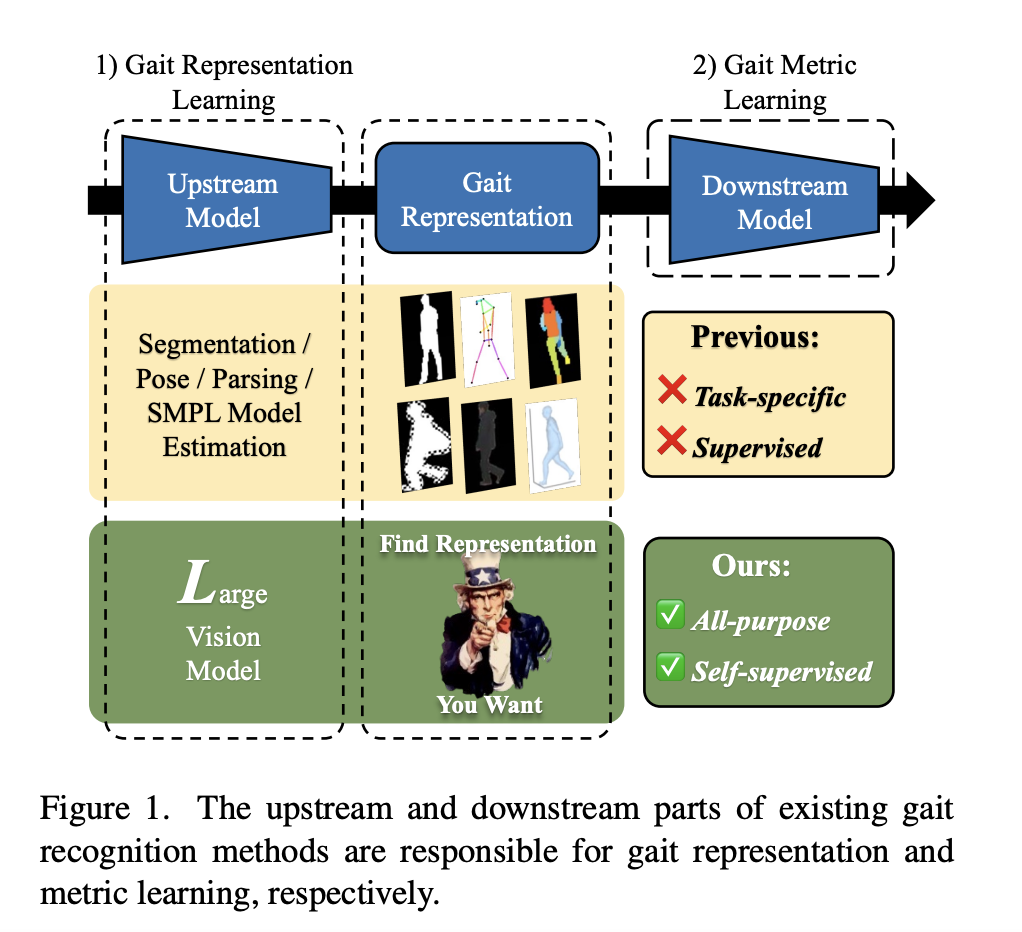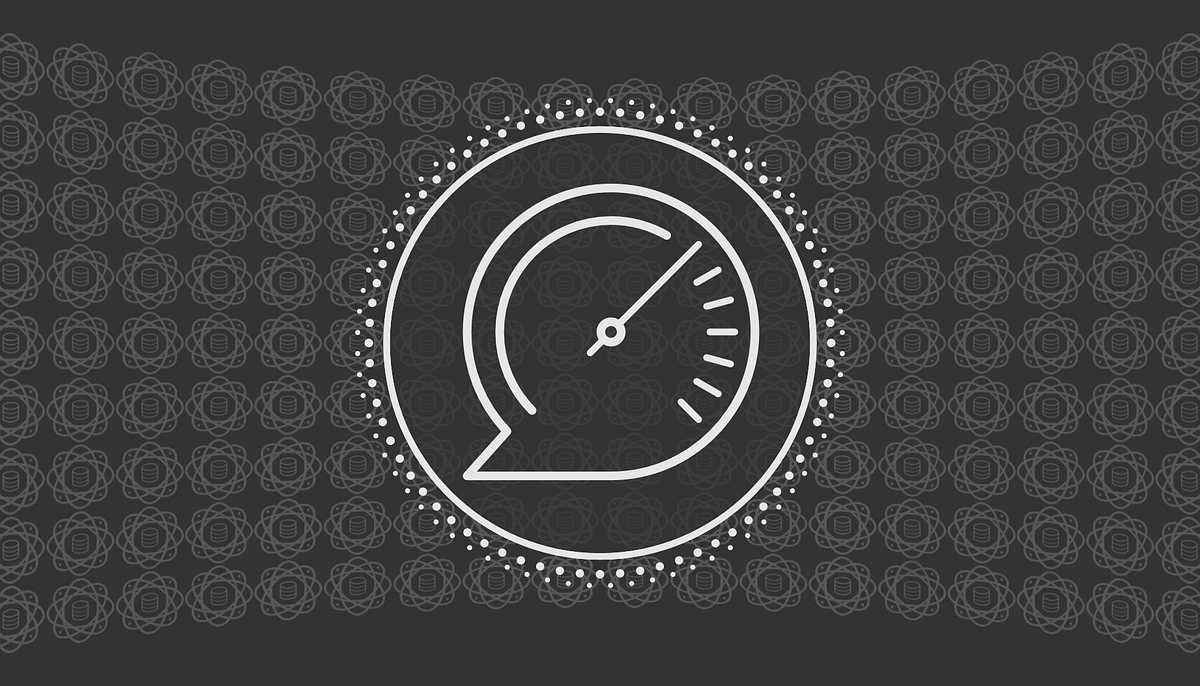In today’s highly competitive business landscape, having access to updated and accurate data is imperative for an organization. However, constantly collecting and keeping this data updated is extremely time-consuming and resource-intensive. Hence, businesses must use automated data collection processes to gain a competitive advantage.
The digital age has ensured that most data organizations need is available online. Businesses only need to be able to find this data online, download it, and store it for analysis. However, gathering data from vast sources such as the Internet can be challenging and overwhelming. Enter web scraping. With the introduction of web scraping for data collection, businesses can have the latest data at hand all the time and make faster business decisions by reducing their turnaround time for data requests.
The process of extracting data from websites and storing it in a form useful for your organization is known as web scraping. Data extracted from websites is usually unstructured and needs to be converted into a structured form, which can be used for running analysis or research.
Ever copied and pasted data from any website into an Excel spreadsheet or a Word document? Essentially, what you did was web scraping at a very small scale. The copy-paste method is useful when web scraping needs to be done for personal projects or one-time use cases. However, when businesses need to scrape data from websites, they usually need to scrape from multiple websites and web pages, and it also needs to be done repeatedly. Doing this manually would be extremely time-consuming and error-prone. Hence, organizations turn to web scraping tools that automatically extract data from websites based on business requirements. These tools can also transform data to make it useable, since most extracted data is unstructured, and upload it to the required destination.
Looking to scrape data from websites? Try Nanonets™ Website Scraping Tool for free and quickly scrape data from any website.
Why might a business use web scraping to collect data?
Lead generation
Lead generation plays a pivotal role for all organizations in the business-to-business (B2B) space. Without an effective lead-generation process, any business cannot grow. Web scraping for lead generation is the process of automatically extracting information about key decision-makers within an organization from one or multiple websites. It is one of the most effective and affordable methods of generating leads.
Companies use website scraping tools to extract lead information from a website and then push this data into their CRM system. Sales and marketing teams can then use this information to reach out to prospective clients.
Competitor Research
Web scraping for competitor research is crucial for organizations to stay one step ahead of the competition. Web scraping can be used to obtain pricing information, new product launches, or product updates and even gain insight into their marketing strategies. This information helps businesses better understand their customers and formulate their product and marketing strategy.
By leveraging web scraping’s capabilities for market research, organizations can quickly and accurately gather vast amounts of data on their competitors.
Brand Monitoring & Sentiment Analysis
For any business, it is important to know what their customers think about the products or services that they offer. This information is crucial for planning product updates, new product development, or even the messaging around their products. Traditionally, monitoring brand sentiment was done through customer surveys and group discussions.
However, with the advent of social media, many companies have turned to analyzing user sentiment online. With the help of an effective web scraping tool, any organization can scrape what their customers say about their products on social media and plan their product strategies accordingly.
Scrape data from Websites with Nanonets™ Website Scraping Tool for free.
Real Estate Listings
In the real estate sector, web scraping plays a significant role. Particularly for agents looking for current property listings. With the help of web scraping, real estate professionals can effortlessly update their databases with the latest properties available for sale or rent. For example, they can extract Multiple Listing Service (MLS) listings data to create APIs that automatically feed property details onto their websites. This empowers them to serve as efficient intermediaries, offering potential buyers or tenants a smooth browsing experience.
Market Research
Whether you are launching a new product or improving an existing one, market research is necessary to gain insight into the market’s trends Through market research, businesses understand their customers’ sentiment, monitor pricing, plan product launches, and do competitor analysis.
Traditionally, market research was done manually. However, most of the data organizations are looking for today is available online. The biggest challenge that market researchers face is gathering all this data. With the help of web scraping for market research, researchers can now easily find the most relevant market analysis data from across websites and efficiently conduct market research at scale.
Price Comparison
The number of products sold on e-commerce websites has been increasing exponentially over the past decade. Having access to the prices that all your competitors list their products at can be crucial for your own product sales. Accurate product pricing is key to competitive success. If you price your product much higher than the competition, you won’t be able to make sales. But if your price is much lower than the competition, you miss out on available profit. However, this exercise may be time-consuming depending on the number of products or services being offered and the number of competitors in the market.
Also, price monitoring must be done regularly, making it even more difficult. However, web scraping can make price monitoring a very simple process. You can have updated information at your fingertips within minutes. In addition, advanced web scraping tools can be automated to run regularly, ensuring you always have updated prices.
Web scraping with Nanonets
If you want to scrap data from a website automatically and instantly, try a no-code tool like Nanonets website scraper. This free web scraping tool can instantly scrape website data and convert it into an Excel format. Nanonets can also automate web scraping processes to remove any manual effort.
Using Nanonets, you can scrape data from websites in 3 simple steps:
Step 1: Go to Nanonets’ website scraping tool and insert your URL.
Step 2: Click on ‘Scrape and Download’.
Step 3: Once done, the tool downloads the output file with the scraped website data automatically.
Conclusion
This blog has covered only a handful of use cases on why a business might use web scraping to collect data. The possibilities with web scraping are endless. Have a use case that is unique and not covered here? Talk to our team and understand how Nanonets can help you with your web scraping needs.



